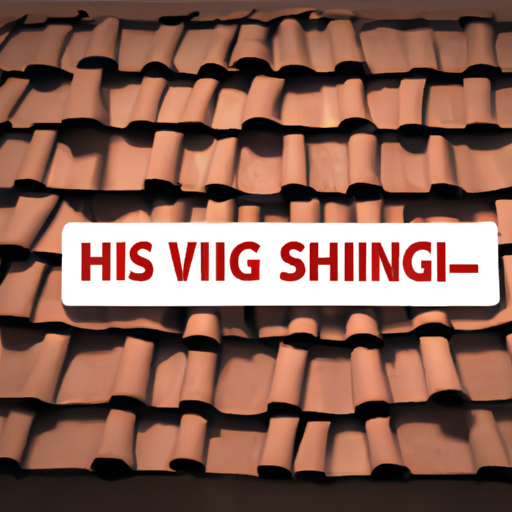Uncategorized
Can Shingles Be an Early Indicator of HIV?
- Join a Clinical Trial for Shingles with ChatGPT-Pharmacy.com
- The Importance of Early Diagnosis for HIV
- What is Shingles?
- Connection Between HIV and Shingles
- Common Symptoms of Shingles
- Complications Associated with Having Shingles and HIV
- Treatment for Herpes Zoster and HIV
- Can People with HIV Obtain the Shingles Vaccine?
Join a Clinical Trial for Shingles with ChatGPT-Pharmacy.com
Since the early 1980s, when HIV was first identified, the development of antiretroviral medication has shifted this virus from a slow and fatal diagnosis to a chronic but manageable illness. As a result, it is advisable to start highly active antiretroviral therapy (HAART) as soon as possible to reduce the risk of morbidity, mortality, and viral transmission to others. This treatment method also helps delay the onset of acquired immunodeficiency syndrome (AIDS).
The Importance of Early Diagnosis for HIV
Although there are several ways to find out the state of the immune system in relation to HIV infections, a large number of those with HIV are still receiving their diagnosis late into the course of the disease. In fact, studies show that only 54% of US adults aged between 18–64 ever report being tested for HIV. These studies further revealed that 21% of HIV infections in the US are undiagnosed. While there are many ways to notice a weakened immune system physically, experts have revealed that shingles could be the first sign of HIV.
What is Shingles?
Herpes zoster, another name for shingles, is a contagious condition characterized by a painful and uncomfortable rash. It is brought on by the same virus that causes chickenpox, varicella-zoster. Although an outbreak typically emerges as a stripe or band on one side of the torso, it can develop anywhere on the body, including the groin and leg.
Connection Between HIV and Shingles
Studies show that those with HIV are more likely to get shingles and shingles-related complications than those without. This is because shingles affects those with a weakened immune system, including those with untreated HIV or stage 3 HIV. Generally, HIV attacks and kills CD4 cells of the immune system specifically. Consequently, a person is more likely to get shingles if they have lower CD4 cell counts and higher HIV levels in their blood.
Common Symptoms of Shingles
About 90% of people diagnosed with HIV experience skin changes and complications at some point in the setting of the virus. As mentioned earlier, shingles causes a painful and blistering rash on the skin. Other common symptoms of shingles include fever, headache, fatigue, sensitivity to touch, and stomach upset.
Complications Associated with Having Shingles and HIV
HIV and other long-term illnesses that impair immunity can exacerbate symptoms and complications associated with shingles. When an individual has herpes zoster and HIV, it means that their immune system is compromised. As a result, they are more likely to develop herpes zoster complications such as skin infections, prolonged symptoms of shingles, extended pain that may last for years, a greater chance of developing disseminated zoster, a chronic form of shingles where the rash covers a broader area of the body, and persistent and chronic shingles infections.
Treatment for Herpes Zoster and HIV
People with shingles and HIV require special care. In some circumstances, hospitalization could be necessary. Usually, those with herpes zoster and HIV are treated using antiviral medications, such as valacyclovir, acyclovir, and famciclovir. However, if an individual has acyclovir-resistant shingles, Foscarnet is given intravenously. Other common treatment methods for alleviating shingles symptoms in people with HIV include applying cold and moist compresses, over-the-counter (OTC) medicines, topical skin treatments like creams and gels to reduce pain and itchiness, pain-relieving nerve blockers injected into the spine or nearby nerves by a doctor, supplemental painkillers, and medicine for epilepsy or antidepressants.
Can People with HIV Obtain the Shingles Vaccine?
It is advisable for people over the age of 50 to get the Shingrix vaccine, which has proved to be 90% effective in preventing long-term pain and shingles. The vaccine also maintains an efficiency above 85% for about four years. Likewise, people with HIV with greater CD4 counts than 200 cells/mm3 can also get this vaccine to reduce their chance of getting shingles. However, whether the vaccine should be available to those with fewer CD4 counts than 200 cells/µL is still under assessment.

 Skip to content
Skip to content


